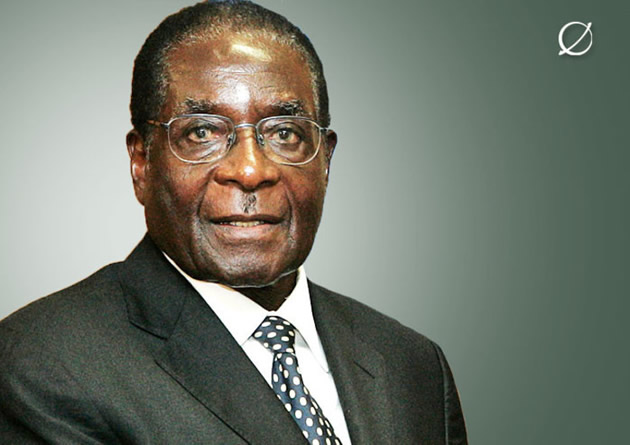EDITORIAL COMMENT: Death sentence too vindictive

 In 1965 in the formative period of the liberation war, 19-year-old, Emmerson Mnangagwa, together with colleagues blew up a train in Masvingo. He was arrested, tried and condemned to the gallows. He however escaped the ultimate punishment because he was below 21, the age at and above which a person convicted of the crime he committed could be hanged.
In 1965 in the formative period of the liberation war, 19-year-old, Emmerson Mnangagwa, together with colleagues blew up a train in Masvingo. He was arrested, tried and condemned to the gallows. He however escaped the ultimate punishment because he was below 21, the age at and above which a person convicted of the crime he committed could be hanged.
Zimbabwe has maintained capital punishment in its statutes after independence. Most revealingly, the home-grown constitution that came into force last year approves capital punishment on men convicted of aggravated murder and are aged between 21 and 70. Women cannot be hanged even if they are convicted of the same offence.
Cde Mnangagwa, now Minister of Justice and Legal Affairs, has become the country’s most strident and highest profile campaigner against capital punishment.
Drawing on his most heart-stopping experience as a death row inmate who was routinely ordered to mend his death gowns in readiness for his execution, Cde Mnangagwa has made no secret of his distaste of the punishment, refusing to sign execution certificates for 96 men awaiting their deaths.
In October last year, while speaking at an Amnesty International Death Penalty Day event in Harare, Cde Mnangagwa evoked emotions as he recounted his 1960s experience.
“My own personal opinion is that death sentence must be abolished in the country,” he said.
“I have expressed my disapproval many times in cabinet since 1980, that I am against death sentence. I am best qualified to talk about this issue as none of you people have faced the experience of facing death sentence.
“I was a young man then and I was arrested during the time of the liberation struggle and I was put in prison and sentenced to death. I remember the callous experience I faced waiting to be hanged and we were made to mend our death gowns with my other colleagues.
“I escaped the hanging on a technicality as I was still a minor, but some of my comrades were hanged. I remembered the day vividly in my mind. I have to sign a death certificate as I am responsible for that portfolio, but fortunately for them I am not going to do that.” His experience is so harrowing as to be worse than the execution itself.
He maintains that position, telling the 15th Annual Sadc Lawyers Association Conference in Victoria Falls yesterday:
“There are 96 males and one female who were condemned to death by hanging and are on the roll waiting for my signature. I won’t sign because I don’t subscribe to the death penalty.”
The provision for the punishment was one of the more contentious subjects during the constitution-making process between 2009 and 2013.
However, those who support it got their way as a clause was included in the constitution that the court can impose the punishment on men convicted of murder in aggravated circumstances. Thanks to the new constitution the only woman on death row is safe.
We think to condemn someone to the gallows is unnecessarily harsh, regardless of the crime a person would have committed. It is primitive, it is too vindictive and the alternative sanctions that Cde Mnangagwa suggests, lengthy prison terms or life terms are strong enough to deter those who might want to commit crimes that would otherwise get them sentenced to death.
Since independence in 1980, 78 people have been executed and the country has not carried out any executions since 2003.
There must be a few who have been on death row since 2003, which is 11 years ago.
To then send that man for execution now, having spent all these years mending his death gown is extremely heartless. That man has already suffered enough, knowing he is only living to die, living to be legally killed rather.
We are also concerned on the discriminatory nature regarding the persons on whom the penalty can be implemented.
We have reported a case of a sister and her brothers who murdered their step brother in circumstances that look quite aggravating a few months ago.
We don’t know what verdict the court will arrive at and the punishment thereof, but let us assume that it determines that the killing was aggravated, thus merits the death penalty, would it be sensible to send the woman to serve a life term and her brothers, with whom she committed the same crime, to their death?
We have no problem with exceptions on convicts under 21, or those older than 70 years, but on what we see as gender bias.
But ultimately, the best way to go is simply to abolish that sentence, it is vengeful, inhumane, primordial and can be discriminatory. It does not raise whoever would have been killed in aggravated circumstances, anyway.
We respectfully think that there is nothing wrong with authorities putting their minds on this matter.








Comments